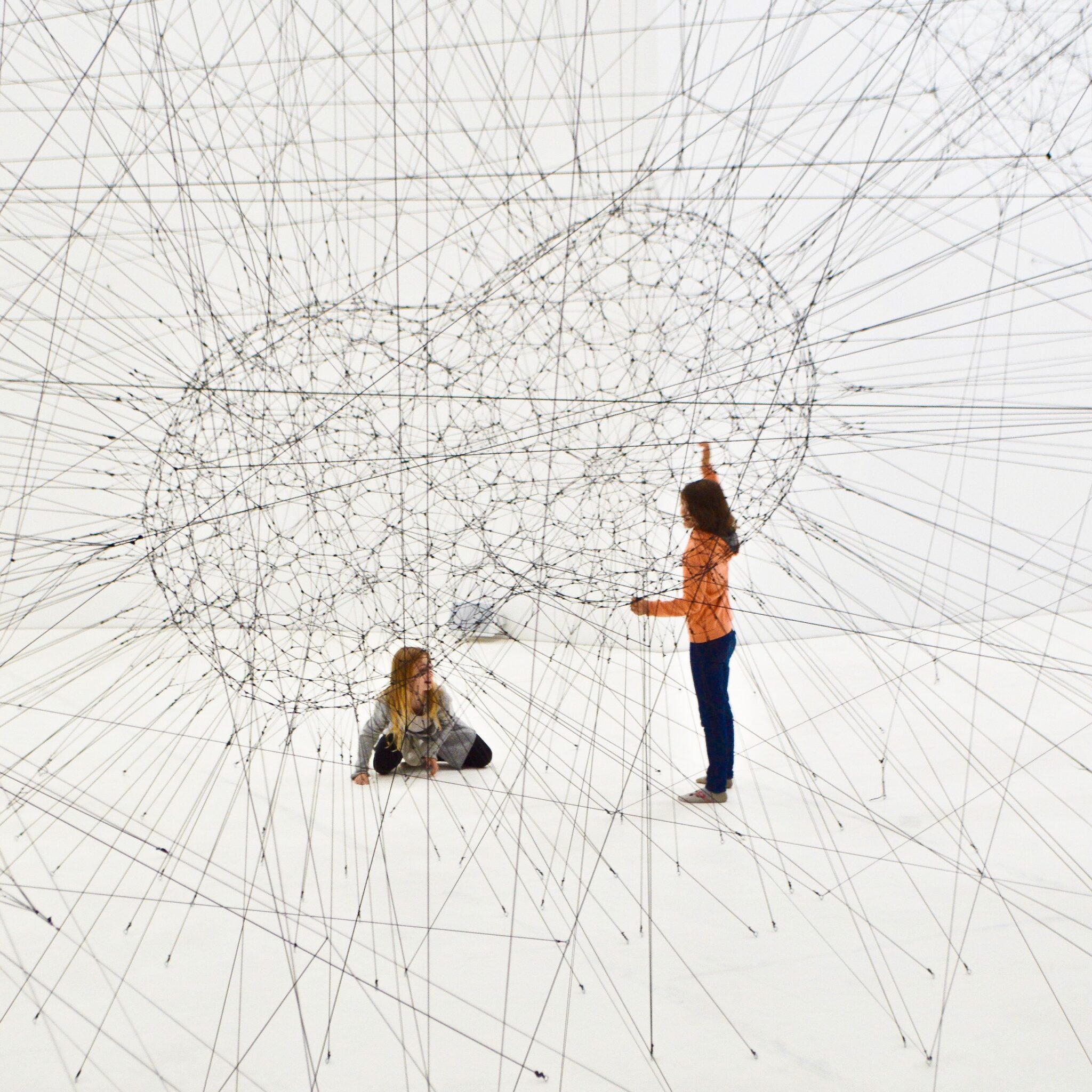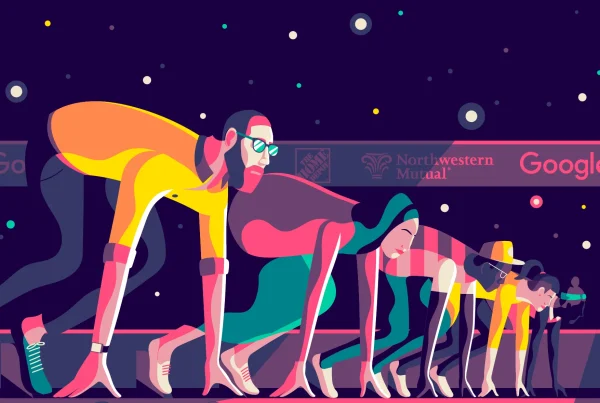As we continue to move towards a more digitized and interconnected world, the importance of user experience (UX) design cannot be overstated. UX design is the practice of creating digital products and services that are intuitive, user-friendly, and provide a positive experience for the user.
One of the most exciting developments in UX design in recent years has been the integration of artificial intelligence (AI) and machine learning technologies. These technologies have the potential to greatly enhance the effectiveness and efficiency of the design process, and to create more personalized and engaging user experiences.
There are more potential applications of AI and machine learning in UX design, including:
- Personalization of user experiences based on individual preferences and behavior
- Automated user testing and feedback analysis
- Predictive analytics for identifying design improvements
- Intelligent assistants and chatbots for enhancing customer support and engagement
- Generative design tools for creating custom user interfaces
- Real-time user experience optimization based on data and machine learning algorithms

However, while the potential benefits of AI and machine learning in UX design are clear, it is also important to carefully consider the ethical and social implications of these technologies.
It is crucial that AI and machine learning are used in a way that is transparent, fair, and respects user privacy.
One potential concern is the potential for AI and machine learning algorithms to perpetuate biases and discrimination. For example, if an algorithm is trained on biased data, it may produce biased results. It is therefore important for designers to carefully consider the sources of data used to train these algorithms, and to ensure that the data is representative and free from bias.
Another potential concern is the potential for AI and machine learning to replace human designers. While these technologies can certainly automate and improve many aspects of the design process, they should not be seen as a replacement for human creativity and judgement.
Human designers will always be needed to provide the creativity and critical thinking that is essential to the design process.
Overall, the integration of AI and machine learning in UX design has the potential to greatly improve the user experience of digital products and services. However, it is important for designers to carefully consider the ethical and social implications of these technologies, and to ensure that they are used in a responsible and transparent manner. The future of UX design is likely to be heavily influenced by AI and machine learning, and it will be exciting to see how these technologies continue to shape and improve the user experience.
**

















